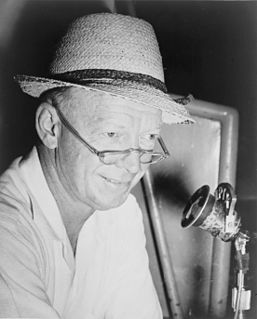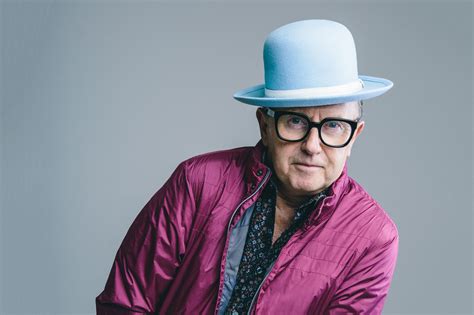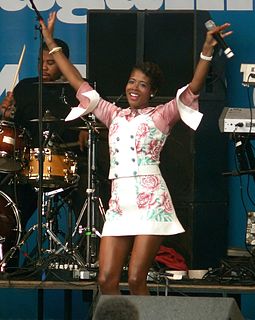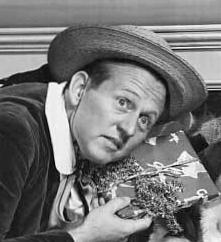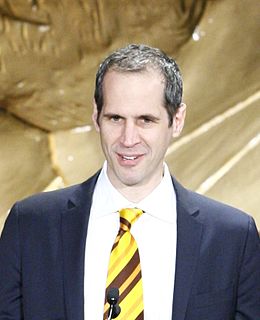A Quote by Red Barber
Related Quotes
Maybe an artist's position in society is different today because it's more individualistic. You're not a direct servant anymore to the patron-you're an indirect servant, or a servant with a choice, or maybe you could not even serve. It's the way you make something. You draw it, you carve it out. Later you build it up from a flat surface. There is no other way to do a sculpture - you either add or you subtract. If you don't enjoy making work, then it's bad... artwork is brutal for so many people... I like the idea of an artist as sombody who works.
Some would define a servant like this: 'A servant is one who finds out what his master wants him to do, and then he does it.' The human concept of a servant is that a servant goes to the master and says, 'Master, what do you want me to do?' The master tells him, and the servant goes off BY HIMSELF and does it. That is not the biblical concept of a servant of God. Being a servant of God is different from being a servant of a human master. A servant of a human master works FOR his master. God, however, works THROUGH His servants.
I feel my job as an artist is to drive people to country radio. That's my job as a country artist. So these streaming places, especially these on-demand streaming places, where you can just push a button and hear it as many times as you want, like YouTube, any of that stuff, that's taking all the ears away from country radio.
